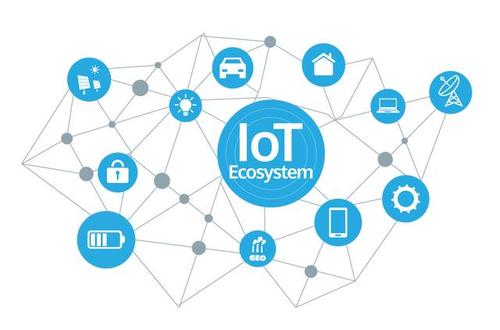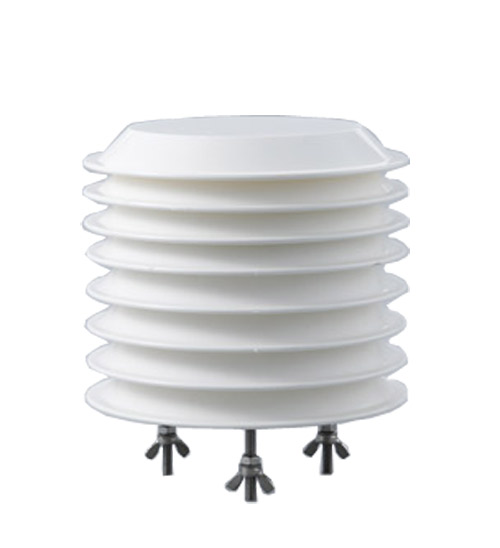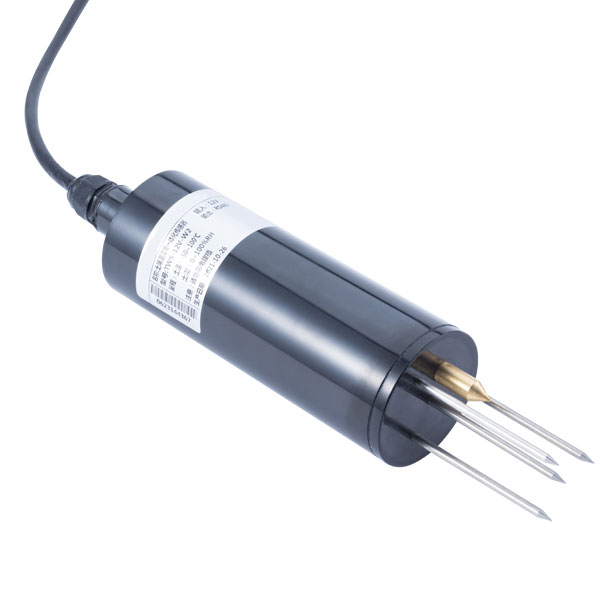

— Blogs —
—Products—
 Consumer hotline +8618073152920
Consumer hotline +8618073152920 WhatsApp:+8615367865107
Address:Room 102, District D, Houhu Industrial Park, Yuelu District, Changsha City, Hunan Province, China
Product knowledge
Time:2021-12-06 21:24:35 Popularity:992
Introduction to 5 types of IoT platforms.
Simply put, the IoT platform is a tool for managing the IoT system.
The Internet of Things system consists of four main parts: hardware, software, user interface, and network.
The IoT platform connects the four parts into a cohesive, manageable and explainable system.
This platform helps to make data ingestion, communication, device management and application operation smooth and unified.
Not only that, the IoT platform also provides a framework for you to build, so you don't have to create an IoT system from scratch.
It makes the development of IoT systems faster, easier, and more practical. In other words: it is a bridge between the idea and the realization of the idea.
There are 5 types of IoT platforms
1. Network connection platform
As the name implies, the network connection platform is centered on the network components of the IoT system.
They provide users with the software, connection hardware, and data guidance necessary to keep the device online.
Their networks usually rely on existing operator services and WI-FI, and configure network connections in a way that facilitates IoT setup.
2. Equipment management platform
The device management platform focuses on the heavy work related to IoT devices.
They ensure that all devices are connected and secure, and keep you updated on the latest status of your devices.
The device management platform updates the firmware, notifies you of changes in the device, reports indicators and patch security.
This IoT platform will help you complete daily tasks related to devices, no matter how many devices you have.
3. Cloud platform
The platform provides users with the infrastructure needed to create an intrapolymer networked system.
They are the center of the existence and operation of all back-end processes and data.
One of the biggest benefits of the cloud platform is its scalability. No matter how small your starting point is, the cloud platform can grow with you and your IoT system.
4. Application support platform
The application program support platform provides users with everything they need to realize the Internet of Things system.
They provide you with the equipment, software, development, and deployment required for an IoT system. They are a one-stop service for implementing the system, so you don't have to manage the developers, network configuration and hardware engineering yourself.
5. Advanced analysis platform
The advanced analysis platform is the best solution for data-driven IoT systems.
When users are looking for complex IoT systems that utilize machine learning, artificial intelligence, statistical modeling, and massive data collection, they can use this platform to interpret and process the collected data.
Important considerations when choosing an IoT platform
At the beginning, choosing the right IoT platform is extremely important.
The larger your IoT system, the greater the cost and challenge of migrating to an IoT platform.
Not only do you need to choose the platform that best suits your needs, but you also need to have reliability and service to ensure you get long-term support.

When choosing an IoT platform, in addition to determining the type of platform that suits your needs, the most important considerations are security, reliability, and ease of use.
The IoT platform should simplify the IoT system into easy-to-manage and easy-to-understand units.
Security is also critical, because your IoT system will collect and transmit large amounts of virtual data about your operations.
Finally, reliability. Using cheaper IoT platforms may save you money in the short term, but if their services are unreliable, your millions of devices will be severely affected.
Summary: Depending on the complexity of the IoT system, you may eventually need multiple IoT platforms to keep running smoothly.
Using a network connection platform to keep your device online, while using an advanced analysis platform to process the data you collect, you can avoid overloading large-scale IoT systems.
Prev:Narrowband IoT NB-IOT networking advantages
Next:HTTP and MQTT protocol Features and scope of application
Sensors & Weather Stations Catalog
Agriculture Sensors and Weather Stations Catalog-NiuBoL.pdf
Weather Stations Catalog-NiuBoL.pdf
Related recommendations
Related products
 Atmospheric Temperature Humidity Pr···
Atmospheric Temperature Humidity Pr··· Soil Temperature Moisture Sensor 4-···
Soil Temperature Moisture Sensor 4-··· Air temperature, humidity and atmos···
Air temperature, humidity and atmos···
Screenshot, WhatsApp to identify the QR code
WhatsApp number:+8615367865107
(Click on WhatsApp to copy and add friends)